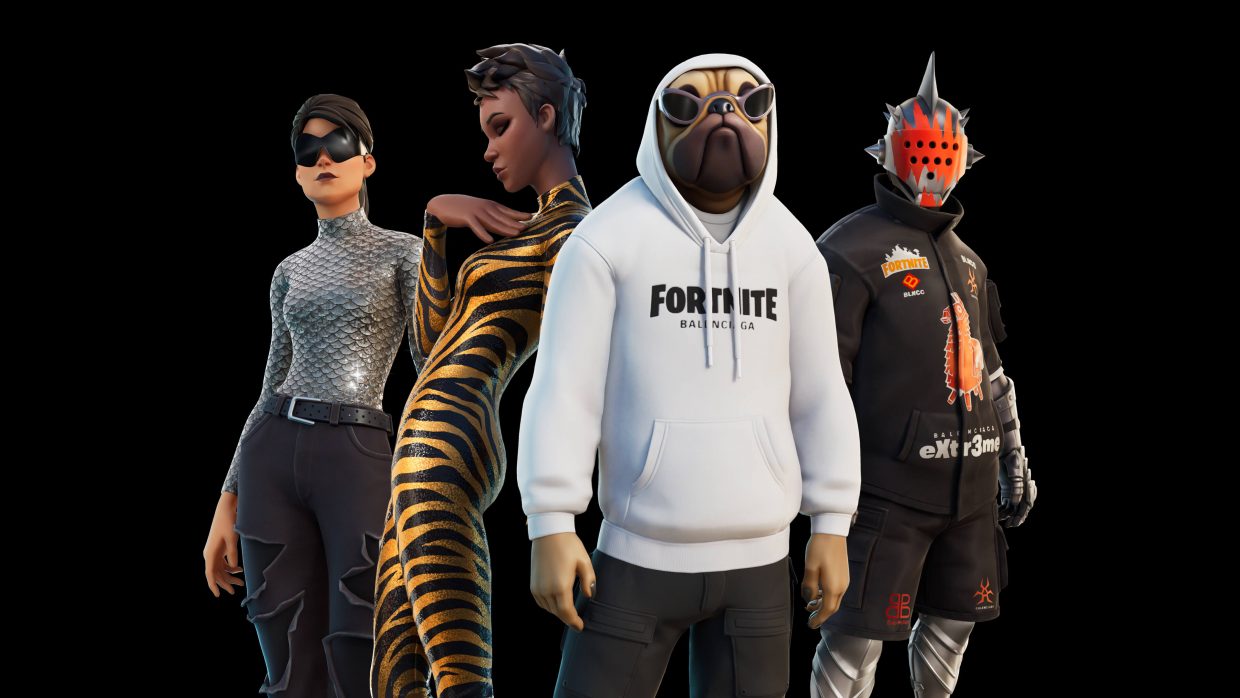As explained in Future Luxe, the next generation could well spend a lot of time (and money) in the world of AI and dreams. In the 1960s, legendary sci-fi author Philip K. Dick wrote a story called “We Can Remember It for You Wholesale,” which was adapted for the 1990 movie Total Recall. In it, Arnold Schwarzenegger’s character is a client of Rekall, a company that provides memory implants of vacations. Things get out of control when he can’t discern dream from reality and eventually realizes that he is a secret agent. The possibility of buying dreams, virtual vacations, or memories of experiences is one that will be worth paying for, and you won’t need be a secret agent to participate.
One of the projections I made in the book was that Louis Vuitton, still one of the largest and most influential brands in luxury, will diversify into travel in a big way, not just selling luggage and city guides, like it does today, but also selling VR packages for consumers eager to discover the world in style without leaving their living room. Nike’s famous motto “the consumer decides” is once again relevant here. Technology will come to help consumers experience brands in an even more thorough manner.
For example, the consumer wants to be able to authenticate products and possibly re-sell them? The luxury industry (LVMH, Cartier, Prada, OTB, and likely more to come) develops a consortium — called Aura — around blockchain technology to enable it.
The consumer spends a lot of time playing video games and shopping? Balenciaga delivers skins and hoodies for Fortnite fans while Gucci offers limited edition accessories on Roblox. The consumer starts to doubt real life influencers and loves to socialize? Lil Miquela, a “19-year-old robot living in LA” — as her Instagram feed has it — gathers more than 3 million followers and has started collaborations as early as 2018 with brands such as Prada.
The consumer wants to see what a store looks like in the comfort of her living room? Offer her some augmented reality and virtual stores.
As I have described in a previous column (Art Helps Brands Move From a Story to History, May 21st), art influences luxury greatly once again in the case of NFTs. By essence, art is unique. By design, luxury production is more mass. As art NFTs gain tremendous awareness with public successes like Damien Hirst’s “The Currency” project, this is also paving the way for luxury NFTs to emerge around collectibles, digital fashion, avatars, and more. While NFT marketplaces like OpenSea have been around for years, specific luxury NFT marketplaces such as Exclusible have also recently been set up.
So, if you are wondering why most luxury brands are engaging with the virtual world, it’s partly because there is some business to be made, but mostly because they are about storytelling and stories will be told very differently in the future, and also likely because the end consumer is quite complementary to their existing base — more male than today’s average and clearly younger. The luxury sector was late on sustainability and is still striving to get its act together. Second-hand is still not dealt with appropriately. Chief sustainability officers and chief circularity officers are clearly needed. I don’t know if, as Vogue described it, chief metaverse officers are needed but don’t go on ignoring the changes as long as I did — the virtual world will have real benefits for luxury.
Erwan Rambourg has been a marketing manager for LVMH and Richemont and is now managing director and global head of consumer amd retail equity research at HSBC. He's also the author of Future Luxe: What’s Ahead for the Business of Luxury.

